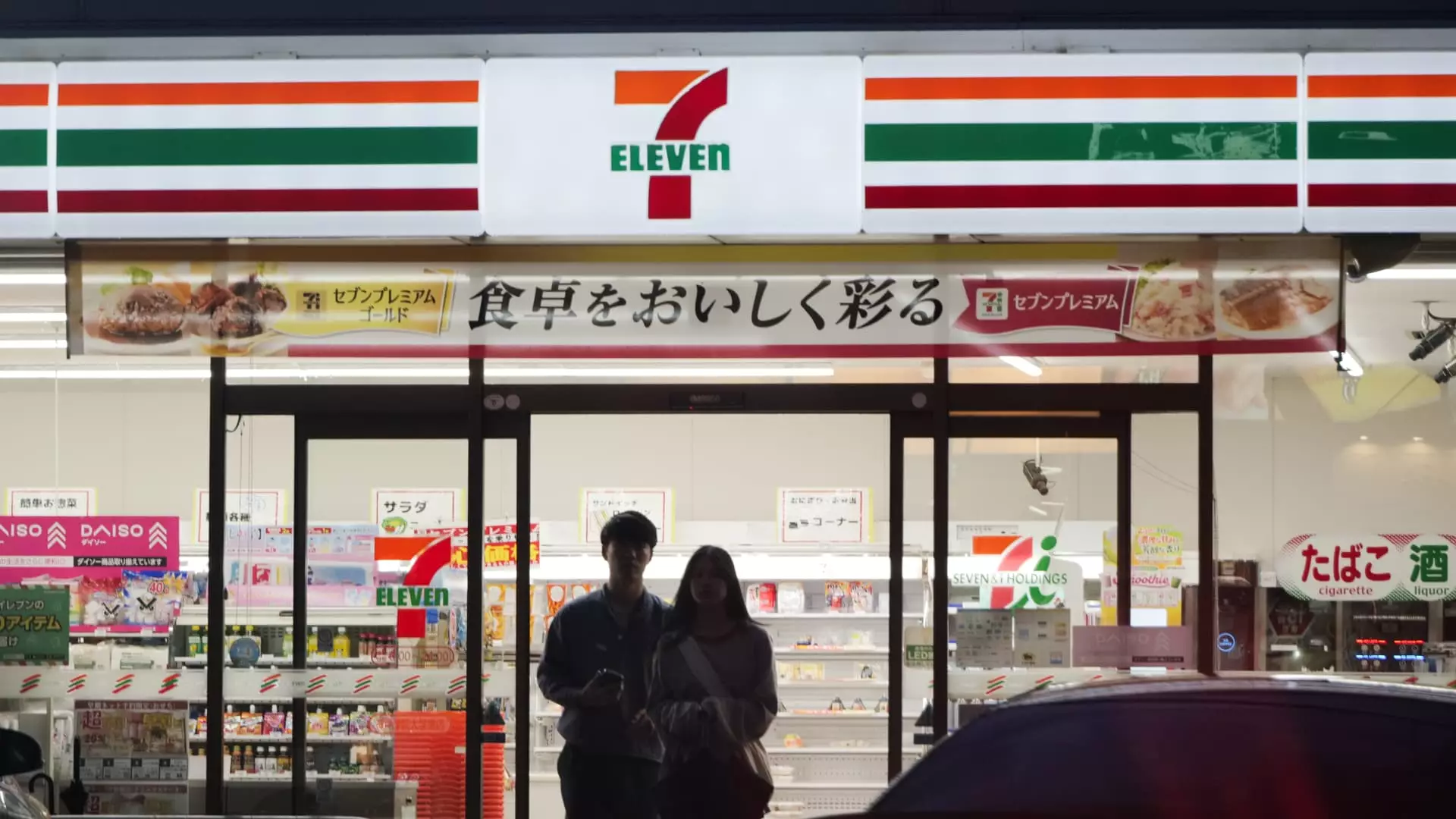Seven & i Holdings recently rejected a takeover offer from Canadian convenience store operator Alimentation Couche-Tard. The company made this decision after evaluating the offer and determining that it was not in the best interest of its shareholders and stakeholders. The offer made by Couche-Tard was to acquire all outstanding shares of Seven & i for $14.86 per share. This rejection indicates that Seven & i Holdings sees more value in pursuing its standalone path rather than merging with Couche-Tard.
The chairman of the special committee formed by Seven & i to evaluate Couche-Tard’s proposal, Stephen Dacus, criticized the timing and valuation of the offer. He referred to the proposal as “opportunistically timed” and stated that it undervalues the company’s standalone path. Additionally, Dacus raised concerns about potential anticompetition challenges that the takeover would face in the U.S. market. He highlighted the lack of clarity from Couche-Tard regarding divestitures and regulatory clearance, which further contributed to the rejection.
In April, Seven & i Holdings announced a restructuring plan aimed at expanding 7-Eleven’s global presence and divesting underperforming assets. This plan reflects the company’s strategic direction and focus on maximizing shareholder value. The rejection of Couche-Tard’s offer aligns with this restructuring plan and indicates a commitment to achieving long-term success through internal growth initiatives.
Investors, such as Artisan Partners, have expressed concerns about Seven & i Holdings’ capital allocation and strategic decision-making. Artisan Partners holds a stake in the company and had urged Seven & i to consider buyout offers for its Japanese subsidiaries. The fund emphasized the importance of international expansion and highlighted potential growth opportunities outside the United States. This investor perspective underscores the importance of effective capital allocation and proactive decision-making in driving corporate value.
There are differing views among investors regarding the need for radical reforms within Seven & i Holdings. While some, like Artisan Partners, advocate for faster implementation of strategic plans and international expansion, others, like Richard Kaye of Comgest, believe that the company is already performing well in terms of logistics and product innovation. This difference in opinion reflects the diverse perspectives within the investor community and the varying strategies for achieving corporate success.
Seven & i Holdings’ rejection of the takeover offer from Alimentation Couche-Tard demonstrates the company’s commitment to following its standalone path and maximizing shareholder value. The decision was influenced by concerns about timing, valuation, regulatory challenges, and strategic alignment with the company’s restructuring plan. Moving forward, Seven & i will continue to focus on its growth initiatives, operational efficiency, and capital allocation to drive long-term success in the global convenience store market.

